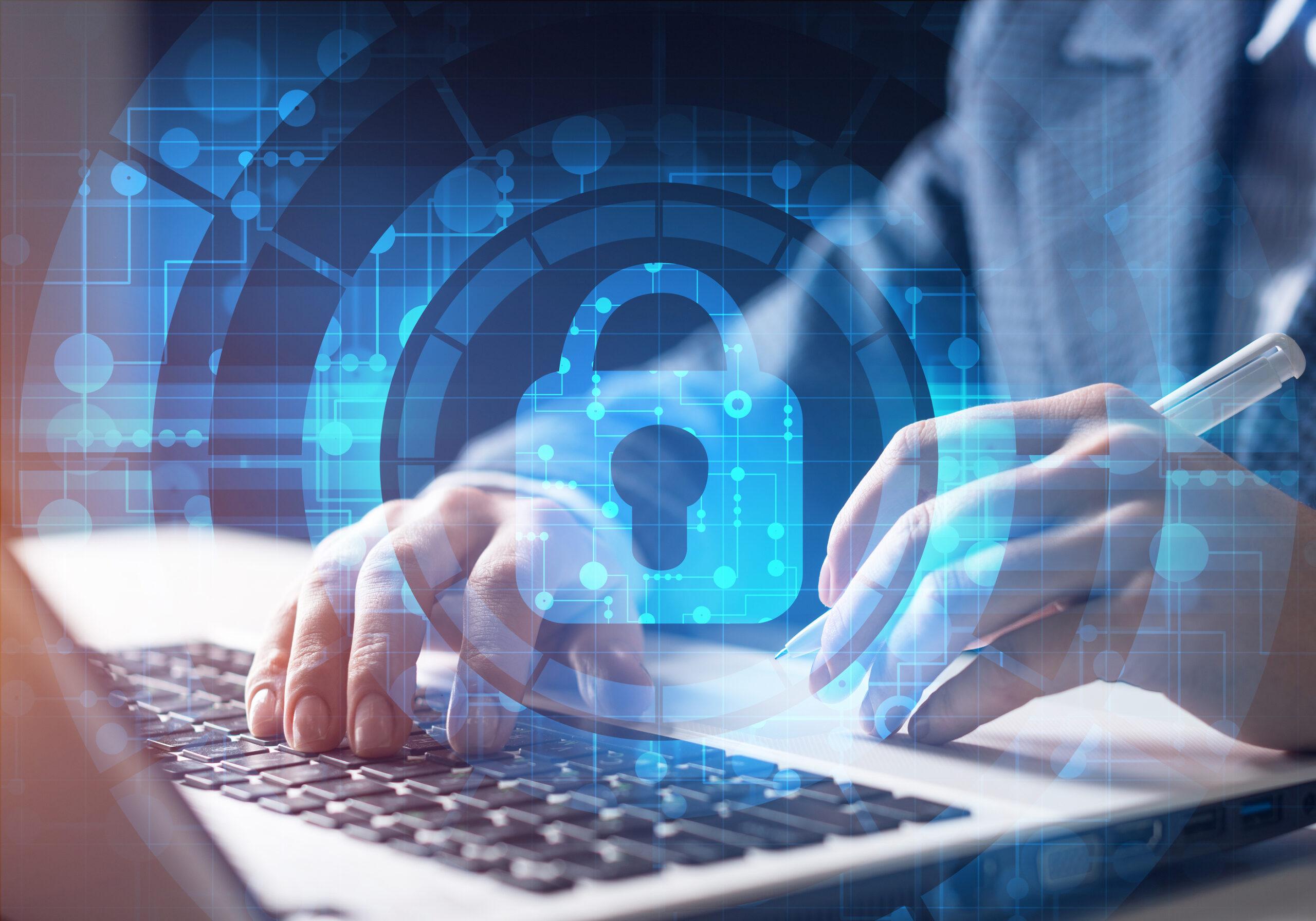Today’s offices are much more mobile than they were only a decade ago. Between mobile apps and remote workers, networks handle many remote connections per day.
Securing those connections, which may sometimes be from public Wi-Fi, is challenging. For many businesses, the benefits of work flexibility outweigh the security concerns.
62% of employees work remotely at least part of the time.
In some cases, having workers login remotely is not an option. During the coronavirus pandemic, several companies have instituted “work at home” policies. These help with social distancing.
How do you keep all those remote connections secure?
There are safeguards to address IT security concerns for offices in the Norfolk and Chesapeake areas. These safeguards give employers a way to ensure data security. It also helps with compliance and allows them the benefits of remote flexibility.
Ways to Secure Remote Employees
Remote connections to business apps could use any type of internet connection. With the security of those wireless networks out of your hands, what you can do is secure the connections.
You want to ensure employees aren’t at risk of data leakage or a data breach. This can often happen when connecting remotely to your digital assets. Here are several best practices to secure remote connections.
Use a Business VPN
A virtual private network (VPN) encrypts network connections. The VPN acts as a secure layer between the device and the network that it’s using to connect to the internet.
This layer of security allows employees to connect safely no matter what type of Wi-Fi they’re using. This is especially vital for team members that may be using public Wi-Fi that’s not secure.
You want to use a quality VPN that’s designed for business use. There are many free VPNs out there, but they are all not of the same quality or level of security. Business security is a goal in the design of business VPNs.
To use a VPN, users download the VPN app on their desktop or mobile device. They then use it when connecting to the internet.
Use Email Encryption
Transmitting emails on an unsecured network, risks having them intercepted by hackers. Avoid this by implementing email encryption in your email program or cloud solution.
For example, Office 365 has an email encryption feature. This reduces the risk of email compromise. It includes things like end-user controls and policy-based encryption.
Set Up Two-Factor Authentication for Logins
One of the strongest defenses against credential compromise is using two-factor authentication (2FA). This adds another authentication need to grant access to the app or website account.
2FA typically entails having a time-sensitive code sent to the user’s device. The authentication process is only completed after entering this code.
Microsoft has found that two-factor authentication prevents 99.9% of account compromise attacks.
Use a Secure Remote Access Software
Do employees need to log in to their workstation or a server from home? If this is the case, you’ll want to look into secure remote access software.
This type of software allows one or more users to connect to the same device. It also provides encrypted connection. Users can control a PC remotely, including remote printing, reboot or wake functions.
Use an Endpoint Device Manager
Endpoint device managers offer many functions to improve the security of remote devices. Microsoft Intune is an example of one of these types of tools.
Companies using an endpoint device manager can do several things, such as:
- Push out updates and security patches for software automatically
- Track access to business data by device
- Remotely revoke application access
- Remotely lock a device
Intune doesn’t only manage mobile devices. The software also manages computers. This allows complete tracking of all devices accessing their network from any location.
Set Physical Security Policies
A laptop left unattended and unlocked can lead to theft and a data breach. With a device in their possession a criminal can often access sensitive company data. Saved logins on the device are one way this happens.
Security policies can promote physical security of a computer or mobile device.
These policies should include thing like:
- Using lock screen passcode
- Having a lock screen come up after a few minutes as possible
- Physically securing the device to prevent theft
- Using “find my device” or a similar tracking feature
- Using strong user passwords for device access
- Using device encryption where appropriate
How Can Data Loss Impact My Business and the Need for Data Recovery?
Data recovery and business impact go hand in hand. When data is lost, it can have severe consequences for a business. Lost financial records, customer information, or critical business documents can disrupt operations, damage reputation, and lead to financial losses. Data recovery services help retrieve lost data, minimizing the negative impact and ensuring business continuity.
Does Your Cybersecurity Plan Cover Remote Access?
ZZ Servers has cybersecurity experts on hand to assist you with remote security. We’ll make sure your network and devices are properly secured.
Contact us today to schedule a free consultation. Call 800-796-3574 or reach out online.



